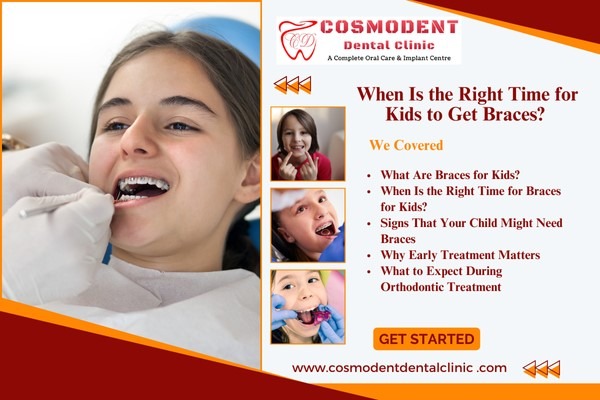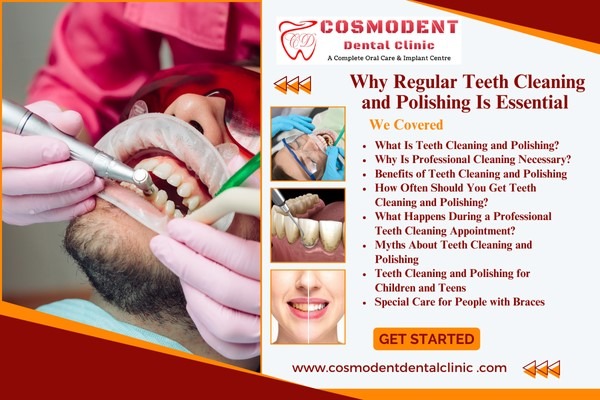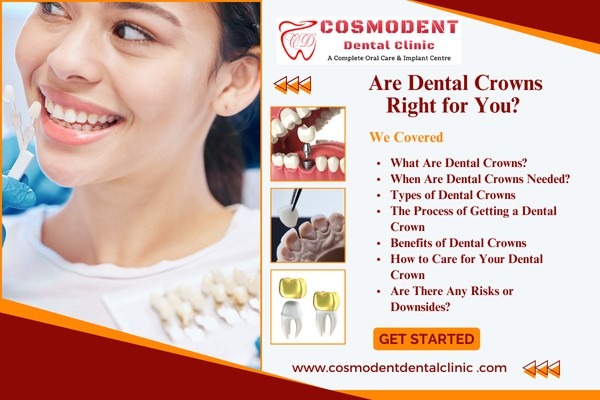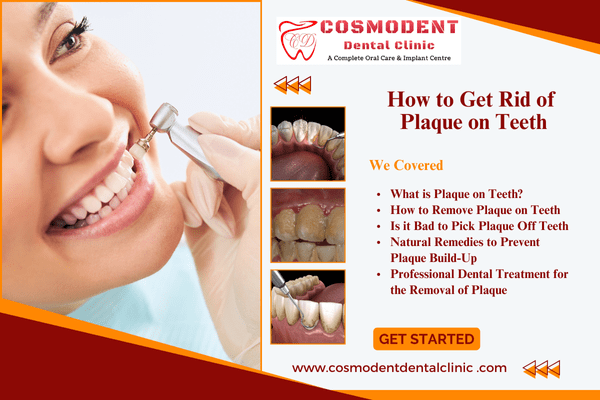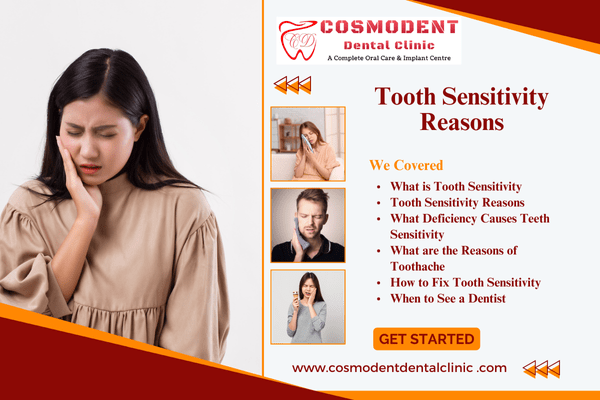Introduction:
Pregnancy is a time of immense change for a woman’s body, and while the focus often lies on prenatal care and overall health, dental health sometimes takes a backseat. However, the hormonal changes during pregnancy can significantly affect your gums, leading to gum problems. Ignoring these issues can have repercussions not just for your oral health, but for your overall well-being and that of your baby. In this blog, we’ll explore the causes of gum problems during pregnancy and offer practical tips for managing them.
Understanding Gum Problems During Pregnancy
During being pregnant, your body undergoes hormonal adjustments which could motivate your teeth to emerge as loose and prone to infection and bleeding. This situation is frequently called “pregnancy gingivitis.” About 60-75% of pregnant girls have a few types of oral problems, ranging from slight irritability to more serious situations like periodontitis.
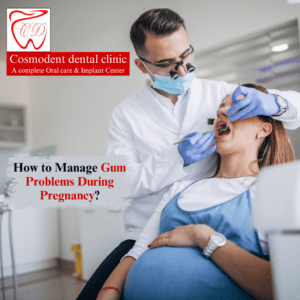
Are gum problems normal during pregnancy?
Yes, gum problems are really common all through pregnancy due to mutations that boom your nerve sensitivity. This condition, known as pregnancy gingivitis, impacts many ladies, mainly with signs including swelling or gum bleeding. If left untreated, it is able to development to more intense gum sickness along with gingivitis, that can have an effect on maternal and fetal health
Causes of Gum Problems During Pregnancy:
- Hormonal Changes: Increased level of progesterone and estrogen at some point of pregnancy motive the gums to react strongly to plaque, inflicting inflammation, tenderness and bleeding
- Increased blood pressure: During being pregnant, blood drifts at some stage in the body, which includes the mouth. This accelerated blood glide causes the gums to swell and turn out to be plaque and bacteria.
- Morning Sickness: Frequent vomiting, a common symptom at some stage in pregnancy, reasons stomach acid to build up within the enamel and gums, that may damage teeth teeth and purpose gum erosion
- Changes in Oral Hygiene: Pregnancy fatigue, nausea and hunger can cause you to overlook your normal oral hygiene recurring every so often, making oral issues worse
Common Gum Problems During Pregnancy
Pregnancy Gingivitis: As stated earlier, that height isn’t always the everyday oral sensitivity to be pregnant in some unspecified time in the future. Symptoms include crimson, swollen and bleeding gums, mainly whilst brushing or flossing.
Periodontitis: If left untreated, periodontitis can result in extra intense periodontitis of the bones and helping tissues of the tooth This situation is related to destructive pregnancy results associated with premature exertion and related carriage weight.
Pregnancy cysts: Some pregnant women have overgrowths in their gums known as pregnancy cysts or pyogenic granulomas. These are non-cancerous and commonly disappear after being pregnant, however they may be uncomfortable and might need to be eliminated if they interfere with digestion or oral hygiene.
Tips for Managing Gum Problems During Pregnancy
While gum problems during pregnancy can be concerning, there are numerous effective ways to manipulate and save you those troubles. Here’s how you could preserve a healthy butt at some stage in your pregnancy.
1. Maintain a steady oral hygiene routine:
- Brush twice a day: Gently brush your teeth twice a day using a tender smooth toothbrush and fluoride toothpaste. Pay unique interest to the rectal line, wherein plaque accumulates.
- Floss daily: Flossing is crucial to get rid of plaque and food particles among teeth and underneath the gums. If your muscle tissues are very sensitive, attempt the usage of bandages or liquid packaging, which can be soft.
- Use an antibacterial mouthwash: Rinsing with an antibacterial mouthwash can help reduce plaque formation and enhance oral fitness. Choose an alcohol-unfastened face wash to save you in addition to infection.
2. Visit Your Dentist Regularly
- Schedule a dental appointment: Tell your dentist that you are pregnant, and agenda an appointment early to your pregnancy. Regular cleanings and care can assist in seizing any oral troubles early and preserve your oral fitness in tests.
- Discuss any issues: If you word any adjustments to your teeth, which includes bleeding, swelling or pain, do now not hesitate to touch your dentist. They can provide personalized advice and treatment options.
- Plan for Additional Visits: Depending on your oral health, your dentist may recommend more frequent visits during your pregnancy to monitor and manage any gum issues.
3. Pay Attention to Your Diet
- Eat a Balanced Diet: Your eating regimen plays a critical function in your oral fitness. Aim to consume quite a few fibre-rich ingredients consisting of culmination, greens, whole grains and lean proteins. They provide important vitamins and minerals that aid healthful gums and enamel.
- Limit sugary meals: Thirst is ordinary in the course of being pregnant, but try and restrict sugary foods and drinks, as they can make contributions to plaque formation and boom your threat of gum ailment has turned out to be greater than excessive.
- Stay Hydrated: Drinking plenty of water allows washing away meals debris and bacteria, lowering the danger of plaque and gum retention.
4. Manage Morning Sickness
- Rinse After Vomiting: If you have got morning sickness, right away after vomiting, rinse your mouth with water or a combination of water and baking soda (1 teaspoon of baking soda according to cup of water). This enables neutralizing the acid and protects the tooth and gums.
- Brush with Care: After vomiting, wait as a minimum half-hour before brushing your enamel. Enamel that has been brushed off too soon and turns fragile can fade quickly.
5. Control Plaque Buildup
- Consider Using a Plaque-Reducing Mouthwash: If you brush your tooth effortlessly, ask your dentist for a mouthwash particularly formulated to reduce gum burns Solution a few can help control the microorganism that causes gum ailment.
- Option for professional cleansing: Regular professional cleanings in the course of being pregnant can help cast off plaque and tartar buildup that your toothbrush and tooth can’t attain. This is in particular crucial if you are experiencing oral issues.
6. Understand the role of hormones
- Monitor hormone sensitivity: Be aware that your fluctuating hormone levels could make your nostril extra sensitive. This perception allows you to be more vigilant about your oral hygiene and recognize changes in your gums.
- Seek expert advice: If you’re experiencing extreme dental troubles, your dentist can recommend safer remedies all through pregnancy, together with deep cleanings or antibiotic treatments.
Conclusion
Gum problems during pregnancy are a common concern, but they can be effectively controlled with care and attention. By keeping a consistent oral hygiene routine, normal visit to the dentist and specializing in food plan and ordinary health, you could shield your teeth and make certain a healthful pregnancy. Remember w ‘oral health is a vital part of your ordinary health, so do not hesitate to look for expert advice in case you experience any issues. Taking those steps will not most effectively help your teeth. Contact us if you are pregnant and facing similar kinds of oral issues.


